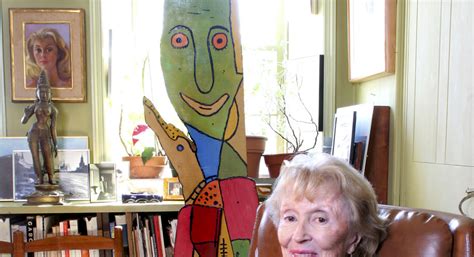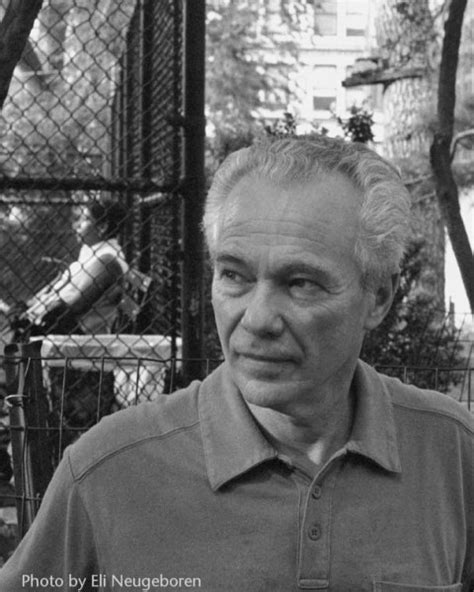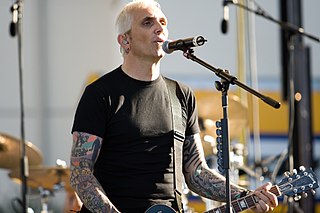A Quote by Martin Lewis Perl
A parent being called to the school because their child had misbehaved was as serious as a parent being called to the police station because their child had robbed a bank.
Related Quotes
A conscious parent is not one who seeks to fix her child or seek to produce or create the 'perfect' child. This is not about perfection. The conscious parent understands that is journey has been undertaken, this child has been called forth to 'raise the parent' itself. To show the parent where the parent has yet to grow. This is why we call our children into our lives.
This is the hope of many adolescent girls--to capture a parent's heart with love for them as they are, as people. They reject thenotion of being loved just because they are the child of the parent. They want the parent to fall in love with them all over again, because being new, they deserve a new love.
Because adoption meets the needs of children so successfully, and because there have long been waiting lists of couples hoping to adopt babies and children, it would seem that the solution for abused or neglected kids was obvious. But not to the do-gooders. To remove a child from an abusive parent, sever the parent's parental rights, and permit the child to be adopted by a couple who would give the child a loving home began to seem too 'judgmental.'
We grow because the clamorous, permanent presence of our children forces us to put their needs before ours. We grow because our love for our children urges us to change as nothing else in our lives has the power to do. We grow (if we're willing to grow, that is: not every parent is willing) because being a parent helps us stop being a child.




































